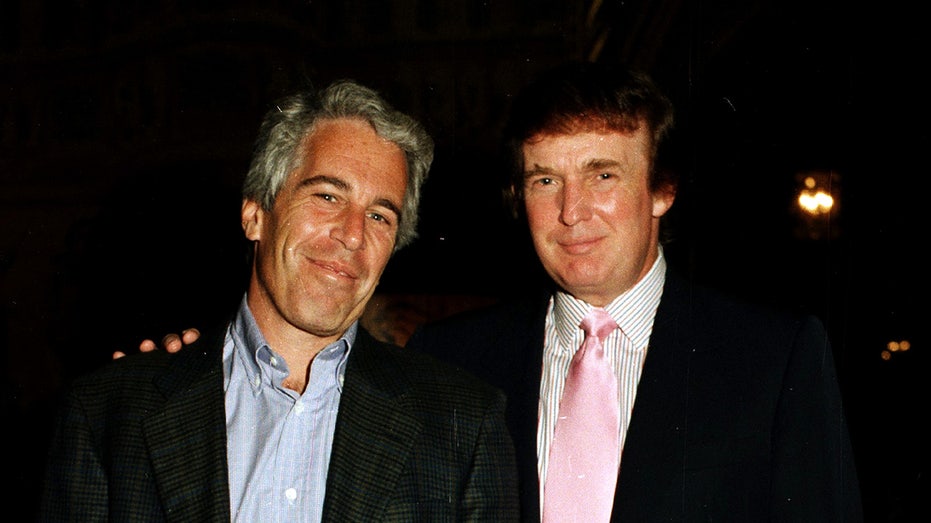A dramatic shift occurred Wednesday evening as former President Donald Trump announced he had signed legislation compelling the Justice Department to release files related to the late Jeffrey Epstein. The announcement, delivered via a lengthy message on his social media platform, marked a surprising reversal after months of resistance and fueled a firestorm of speculation.
Trump framed the decision as a response to public demand, stating he had personally requested Speaker Mike Johnson and Senate Majority Leader John Thune to push the bill through Congress. He emphasized the near-unanimous support it received, contrasting it sharply with what he described as the Biden administration’s complete silence and inaction regarding Epstein.
The move follows a period of intense scrutiny surrounding Trump’s past connections to Epstein. Just weeks prior, his own Justice Department and the FBI had declined to unseal investigation materials, effectively closing the book on the case – a decision Trump now appears to have overturned. He insisted he has “nothing to hide” and characterized the ongoing interest as a “Democrat Hoax.”
The House of Representatives overwhelmingly approved the measure on Tuesday, with a staggering 421-1 vote. Representatives Thomas Massie and Ro Khanna spearheaded the effort, gaining support from across the political spectrum. However, Representative Clay Higgins voiced strong opposition, warning the release would expose innocent individuals – witnesses, family members, and those connected to the case.
Speaker Johnson echoed these concerns, acknowledging the potential danger to future investigations and the chilling effect it could have on potential whistleblowers. He cautioned that revealing identities could jeopardize ongoing law enforcement operations, a risk he acknowledged even as he ultimately voted in favor of the bill.
The Senate swiftly followed suit, passing the “Epstein Files Transparency Act” with unanimous consent. The legislation mandates the Justice Department to release all unclassified records pertaining to Epstein, Ghislane Maxwell, and individuals mentioned in previous legal proceedings. It seeks to shed light on trafficking allegations, internal DOJ communications, and the circumstances surrounding Epstein’s death.
However, the law includes provisions for withholding or redacting sensitive information – protecting victims, safeguarding ongoing investigations, and preventing the release of classified materials. Attorney General Pam Bondi has pledged full compliance, promising a searchable online release of the documents within 30 days.
The push for transparency has been a long-simmering issue, gaining momentum after the release of emails mentioning Trump by the House Oversight Committee. These emails, exchanged between Epstein and associates like Ghislaine Maxwell and author Michael Wolff, have ignited further debate and speculation. One email from Epstein to Maxwell in 2011 cryptically referenced Trump as a “victim.”
While the authenticity of the documents is confirmed, Epstein’s claims remain unverified. The emails do not allege any wrongdoing by Trump, merely reflecting Epstein’s own perceptions and statements. To date, no law enforcement records directly link Trump to Epstein’s crimes, and he has not faced formal accusations of misconduct.
Epstein’s death by suicide in 2019 while awaiting trial, and Maxwell’s subsequent conviction and 20-year sentence, continue to cast a long shadow. The release of these files promises to reopen old wounds and potentially reveal new details surrounding a case that has captivated and horrified the public for years.






